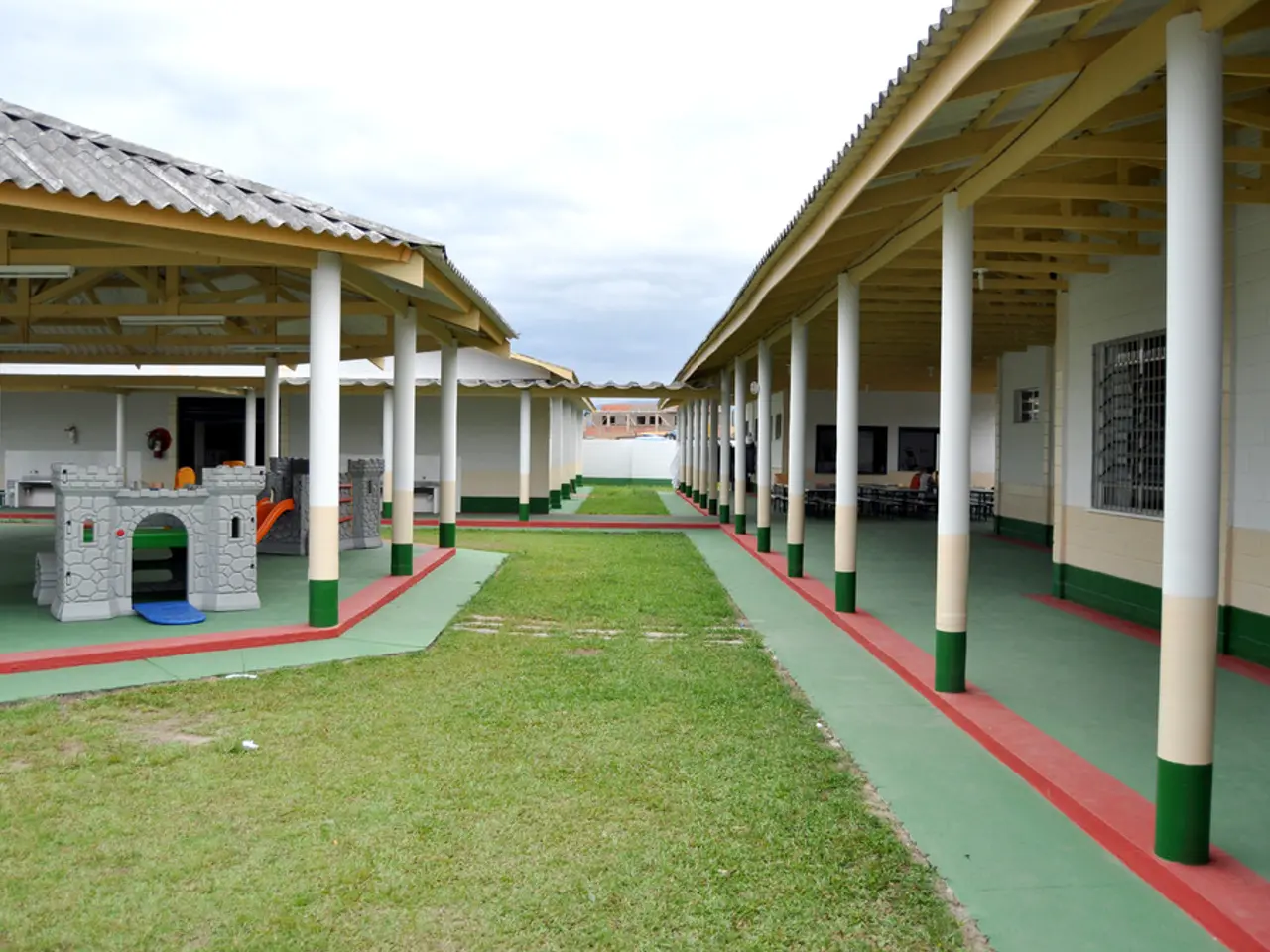"Decade has passed since the "We can do it!" call"
The documentary under discussion, titled "We Can Do This!", delves into the heart of refugee integration in Germany, offering a comprehensive look at the issues and potential solutions.
The film is centred around the inspiring statement "We can do this!", aiming to make this sentiment a reality for as many refugees as possible. It provides insights into the process of refugee integration, highlighting the challenges they face and the steps being taken to overcome them.
One of the key areas of focus is the integration into the job market, a crucial aspect for refugees in Germany. However, the path to work remains difficult for many, with bureaucracy and lack of planning security often creating hurdles. Promising measures for sustainable success include speeding up asylum procedures, providing access to language and integration programs, and labour-market-oriented placement. Additionally, promoting women's employment through flexible work hours and childcare, recognising foreign qualifications promptly, offering career development opportunities, and fostering an open corporate culture with mentoring are all seen as effective strategies.
The film also investigates what it takes for the statement "We can do this!" to become a reality for a larger number of refugees. It showcases numerous examples of individual successes, such as the housing association Neuwoges, which has signed over 700 rental contracts with newcomers since 2015, contributing to the stabilization of the population and enabling renovations.
However, the film does not shy away from highlighting the hurdles that still remain in the path to integration. Coexistence in Neubrandenburg, for instance, is a balancing act, with language barriers, cultural differences, and different daily habits often leading to conflicts, such as waste separation or during Ramadan.
In a poignant turn of events, the film also recounts the story of the Johanniter in Leipzig, who wanted to train refugees as emergency medical technicians and caregivers, but the program failed due to bureaucracy and lack of planning security and was eventually discontinued.
Despite these challenges, progress and successful integration have been observed in daily life and the job market for some refugees in Germany. The film aims to explore how individual successes can become a sustainable perspective for more people.
In conclusion, "We Can Do This!" offers a compelling look at the journey of refugee integration in Germany, providing solutions to the hurdles faced and offering hope for a brighter future. It serves as a testament to the resilience and determination of refugees, as well as the commitment of organisations and individuals working towards a more inclusive society.
Read also:
- Understanding Hemorrhagic Gastroenteritis: Key Facts
- Stopping Osteoporosis Treatment: Timeline Considerations
- Tobacco industry's suggested changes on a legislative modification are disregarded by health journalists
- Expanded Community Health Involvement by CK Birla Hospitals, Jaipur, Maintained Through Consistent Outreach Programs Across Rajasthan








